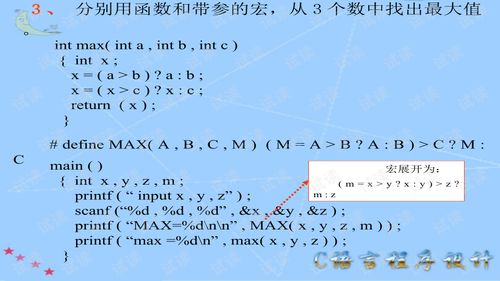Read each problem statement carefully, ensuring you understand what is being asked. Pay attention to input/output formats, constraints, and any special conditions mentioned.
Basic input/output operations
Before diving into solving past questions, ensure you have a strong grasp of fundamental C language concepts such as variables, data types, control structures (ifelse, loops), arrays, functions, and pointers. Without these basics, tackling more complex problems will be challenging.
Array manipulation
Break down the problem into smaller, more manageable tasks. Identify the inputs required, the processing steps, and the expected output. This stepbystep approach will make problemsolving more systematic.
After writing the code, thoroughly test it with different inputs to ensure it produces the correct output in all scenarios. Debug any errors or unexpected behavior systematically.
Before jumping into coding, consider writing pseudocode to outline your solution algorithm. Pseudocode helps in organizing your thoughts and clarifying the steps needed to solve the problem.
Functions and recursion
Pointers and dynamic memory allocation
Practice is key to mastering C programming. Dedicate time to solve past questions regularly, focusing on different topics each time. Start with simpler questions and gradually progress to more complex ones as you gain confidence.
Programming questions in the National SecondLevel Examination often require a solid understanding of C language concepts along with problemsolving skills. Let's delve into some typical types of questions and strategies to tackle them effectively.
Mastering C programming for the National SecondLevel Examination requires a combination of theoretical knowledge, practical skills, and strategic problemsolving abilities. By understanding the fundamentals, practicing regularly, and adopting effective problemsolving strategies, you can approach programming questions with confidence and achieve success in the examination.
During the exam, manage your time wisely. Allocate sufficient time to read and understand each question, plan your approach, and write clean, wellcommented code. Prioritize solving questions based on your strengths to maximize your score.
Once your code is working correctly, consider optimizing it for efficiency. Look for opportunities to reduce time complexity, minimize memory usage, and improve readability.

File handling
String handling
Don't hesitate to seek help from teachers, peers, or online resources if you encounter difficulties. Sometimes discussing a problem with others can provide valuable insights and help you overcome obstacles.
Reviewing past questions is crucial to understanding the pattern and types of problems commonly asked. These questions often cover topics like:
版权声明:本文为 “联成科技技术有限公司” 原创文章,转载请附上原文出处链接及本声明;

